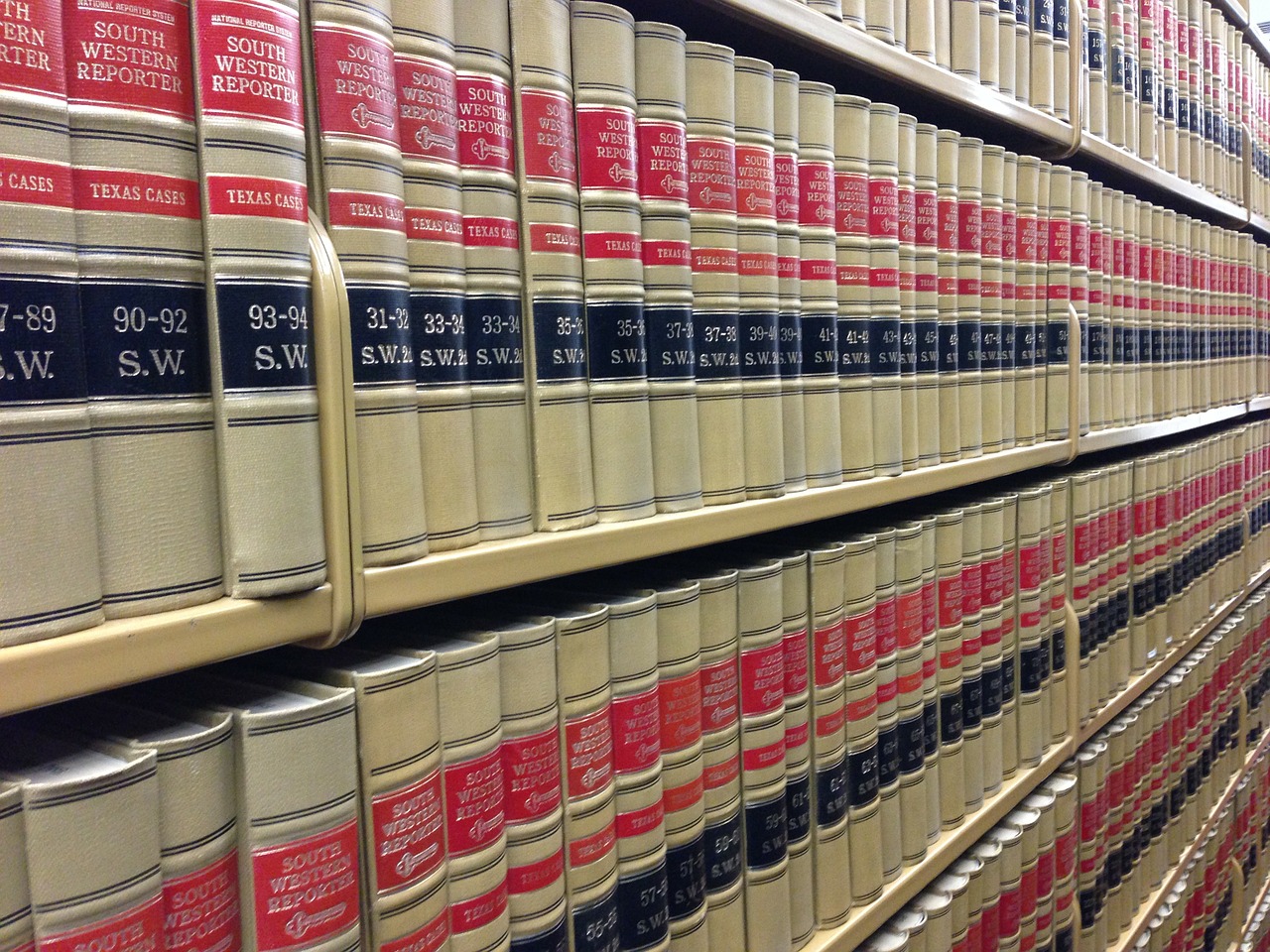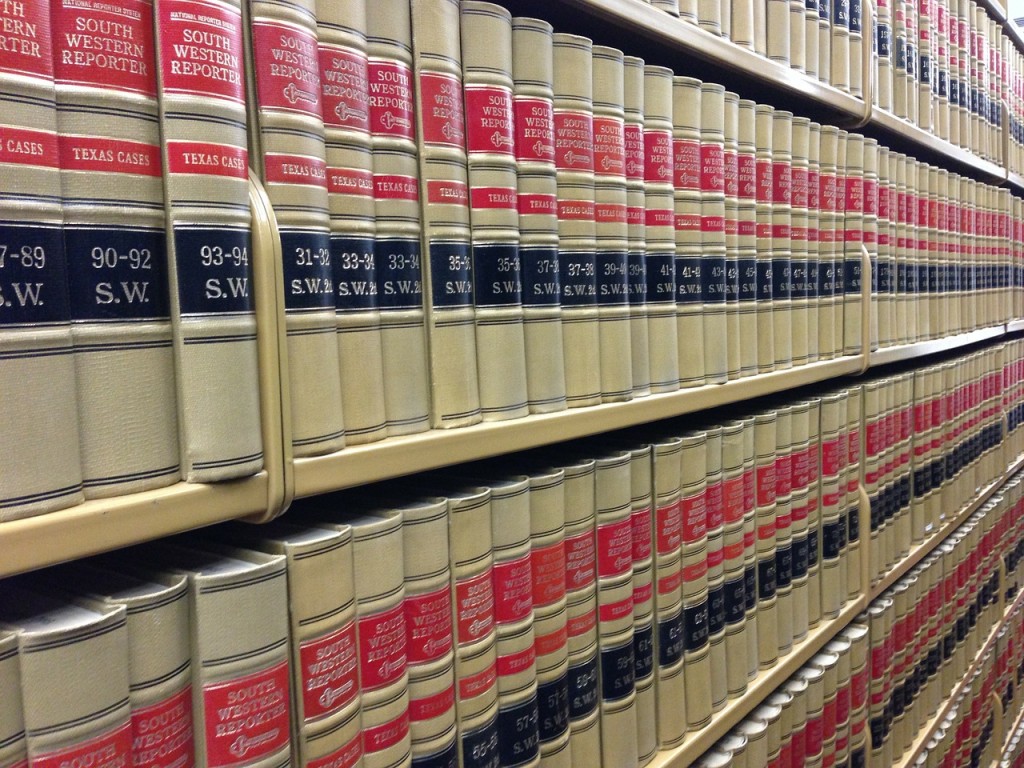 Pranav Khatavkar is an Associate at Manilal Kher Ambalal & Co. His primary area of practice and expertise is commercial litigation and arbitration. Pranav has published several articles and research papers in leading national and international law journals. Along with that he has pursued and obtained several additional qualifications in mergers & acquisitions, corporate finance and investment laws. He is the Founder and the erstwhile President of the India Chapter of Network For International Law Students.
Pranav Khatavkar is an Associate at Manilal Kher Ambalal & Co. His primary area of practice and expertise is commercial litigation and arbitration. Pranav has published several articles and research papers in leading national and international law journals. Along with that he has pursued and obtained several additional qualifications in mergers & acquisitions, corporate finance and investment laws. He is the Founder and the erstwhile President of the India Chapter of Network For International Law Students.
Introduction
This was an appeal from a common judgment and order dated 1st September 2009 passed by the Madras High Court in J.M.Combines vs. Navodaya Mass Entertainment Ltd[2] by which the High Court while allowing Original Side Appeal[3] (OSA) filed by the Respondent, dismissed the OSA[4] filed by the Appellant herein.
Factual Summary
Navodaya Mass Entertainment (Hereinafter referred to as the “Appellant”) offered a business proposal to JM Combines (Hereinafter referred to as the “Respondent”) and they entered into an agreement. The agreement provided as follows:-
- That the Respondent shall procure, install and operate an amusement ride in an amusement park maintained by the Appellant.
- That the Respondent shall also repair the installed equipment as and when required.
- That the collection from the ride would be shared in the ratio of 60:40 between the Respondent and the Appellant in the first year of its operation. Thereafter in the ratio of 50:50 in the subsequent years.
- Guaranteed minimum gross collection would be Rs.10 lakhs for the first year and Rs.8.33 lakhs for the subsequent 9 years.
- The agreement was in force for a period of 10 years and could be renewed/terminated as per the terms thereof.
Pursuant to the agreement, the Respondent installed the equipment and it started functioning accordingly. The Appellant defaulted in making payments from 2000-2001 onwards. Despite the Respondent making repeated demands for the payment, the appellant failed to make payment. Constrained, the Respondent served a notice upon the Appellant calling upon to pay the entire outstanding amount along with 24% interest. In the said circumstances, a dispute arose between the Appellant and the Respondent.
The agreement provided for an arbitration clause and accordingly an arbitrator was appointed. The Respondent filed a claim for a sum of Rs.13, 94,240/- together with interest. The arbitrator published his award allowing the claim to the tune of Rs.13, 94,240 with interest at 12% p.a. but disallowed the minimum guaranteed amount of Rs.69, 416 per month for the remaining 69 months commencing from July 2003.
Aggrieved by the award the first Respondent and Appellant both preferred respective Original Petitions under Section 34 of the Arbitration and Conciliation Act, 1996 against the same Award[5] in the Madras High Court. The Learned Single Judge dismissed both the applications. Aggrieved by the order passed by the Learned Single Judge, appeals were filed by both the parties before the Honourable Division Bench of the Madras High Court. Vide common judgment and order[6], the High Court dismissed the appeal filed by the Appellant but allowed the appeal filed by the Respondent.
The Division Bench after scrutinizing all the relevant material available on record came to the following conclusions:-
- That the most important clauses in the agreement were valid and not in controversy. These clauses were the clauses pertaining to the ratio in which profits shall be shared, time period of the agreement (10 years) and guaranteed minimum gross collection from the first year to the subsequent years.
- Affirmed the award of the arbitrator. The High Court particularly held that the Appellant having failed to make the payment of the dues, as agreed to between the parties, could not deny the lawful claim of the Respondent and upheld reasoning of the arbitrator.
- That the award of interest at the rate of 12% p.a. was also just and reasonable and accordingly affirmed the same.
Pursuant to this, a civil appeal was preferred by the appellant.
Reasoning of the Honourable Supreme Court
After analyzing the submissions made by both the sides, the Supreme Court said that the scope of interference of the Court is very limited. Dismissing the Appeal, the Court held that it would not be justified in reappraising the material on record and substitute its own view in place of the arbitrator. The court further held that –
“Where there is an error apparent on the face of the record or the arbitrator has not followed the statutory legal provision, then and then only it would be justified in interfering with the award published by the arbitrator. Once arbitrator has applied his mind to the matter before him, the court cannot appraise the matter as if it were an appeal and even if two views were possible, the view taken by the arbitrator would prevail.” (Paragraph 8)
The Honourable Supreme Court while delivering the abovementioned ratio in this judgment, placed substantial reliance upon the following cases:-
- Bharat Coking Coal Ltd vs L.K.Ahuja (2004) 5 SCC 109– In this case, the Honourable Supreme Court had held that there are limitations upon the scope of interference in awards passed by an arbitrator. When the arbitrator has applied his mind to the pleadings, the evidence adduced before him and the terms of the contract, there is no scope for the court to reappraise the matter as if this were an appeal and even if two views are possible, the view taken by the arbitrator would prevail. So long as an award made by an arbitrator can be said to be one by a reasonable person no interference is called for. However, in cases where an arbitrator exceeds the terms of the agreement or passes an award in the absence of any evidence, which is apparent on the face of the award, the same could be set aside.
- Ravindra & Associates vs Union of India (2010) 1 SCC 80- The Honourable Supreme Court criticized the Hon’ble Kerala High Court for wrongfully interfering in an arbitration award and practically acting as a Court of Appeal.
- Madani Construction Corporation (Pvt) Ltd vs Union of India (2010) 1 SCC 549- The Hon’ble Supreme Court in this case held that it is well settled that the arbitrator is the master of facts. When the arbitrator on the basis of record and materials which are placed before him comes to specific findings and which have not been stigmatized as perverse by the High Court, the High Court in reaching its conclusions cannot ignore those findings.
- Associated Construction vs Pawanhans Helicopters Ltd (2008) 16 SCC 128- It was held by the Hon’ble Supreme Court in this case that a Court does not sit as one in appeal over the award of the Arbitrator and if the view taken by the Arbitrator is permissible, no interference is called for on the premise that a different view was also possi
- Satna Stone & Lime Co. Ltd vs Union of India (2008) 14 SCC 785– In this case the Hon’ble Supreme Court held that a Court can interfere in award only when there is error of law apparent on the face of award.
Conclusion
In the light of the findings of the Hon’ble Supreme Court in this case and the cases that it relied upon, certain principles emerge with respect to scope of interference of the Courts with Arbitral Awards. These principles can be summarized as follows:-
- That interference on part of the Court is justified only if there is an error apparent on the face of the record or if the arbitrator has not followed a statutory legal provision.
- The Court in hearing arbitration cases cannot act as a court of appeal.
- The Court shall stick to the views as taken by the Arbitrator and should not concur with a different view.
- That the Court should demonstrate certain amount of faith and confidence in the Arbitrator and should primarily operate with the assumption that the Arbitrator has passed the award only after a careful perusal of the facts and materials available on record.
From a bare reading of this case and the cases that have been relied upon therein, one can clearly discern the intention of the Supreme Court- ensuring certain amount of finality to arbitration proceedings. The primary objective of arbitration is to save valuable time and money of the parties that would otherwise go in legal proceedings. The parties and the Courts have to demonstrate certain amount of faith in the arbitrator. This faith is necessary and is the foundation of arbitration proceedings. If each and every finding of the arbitrator is questioned before the Court then it will frustrate the intention behind having an alternative dispute resolution like arbitration in the first place.
[1] (2015) 5 SCC 698
[2] Original Sude Appeal No. 34 of 2009, order dated 1-9-2009. (Mad)
[3] No. 34 of 2009
[4] No. 140 of 2009
[5] Respondent filed Original Petition No. 37 of 2007 and Appellant preferred Original Petition No. 362 of 2007.
[6] Dated 1st September 2009
 Serato DJ Crack 2025Serato DJ PRO Crack
Serato DJ Crack 2025Serato DJ PRO Crack











 Allow notifications
Allow notifications


